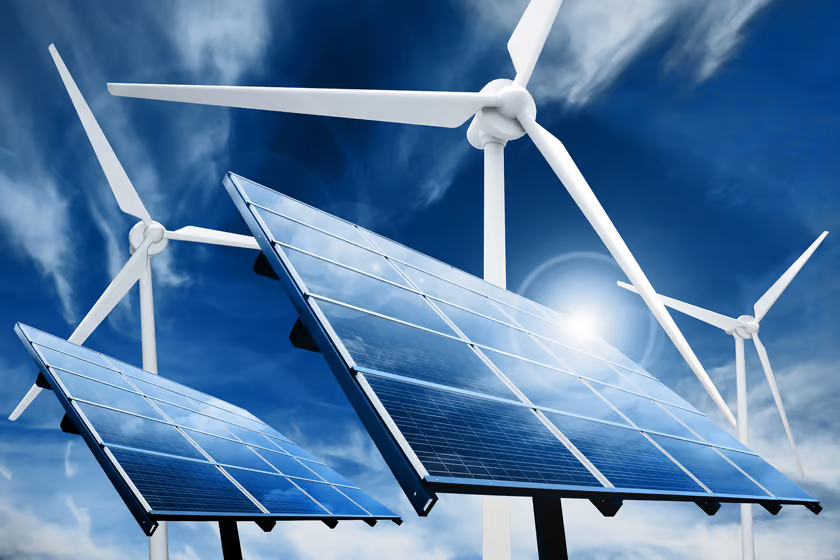In Short : India is acknowledged as a frontrunner in showcasing a sustainable, inclusive, and climate-friendly growth model, according to Rajnath Ram, Advisor for Energy at NITI Aayog. This recognition underscores the nation’s commitment to balanced development while addressing environmental concerns.
In Detail : The Mission Net Zero Summit 2023, a 2-day summit, supported by the Ministry of Road Transport and Highways, Ministry of Heavy Industries and Department of Transport, Government of NCT of Delhi and NITI Aayog on achieving Net Zero ambitions for India concluded successfully on 8th December 2023. The event was centred on an integrated energy approach combining the themes of hydrocarbons, renewables and clean mobility, and focused on the opportunities and challenges that the customer demands of the future will reveal
The 2-day national conference was centred on a three-pronged approach combining themes namely ‘Empowering India’s Energy Sector to achieve Net Zero’, ‘AtoZero: India’s Leadership in Renewables’ and ‘Next Mobility: Zero and low carbon Mobility’. The summit initiated high-impact discussions on the role of public and private sector policies in transforming India’s efforts towards achieving India’s Net Zero ambitions.
The summit was graced by several industry leaders and policymakers such as Dr Partha P Maitra; President – of Strategy and Initiatives Reliance Industries Ltd.; Alok Sharma, Executive Director, Centre for High Technology; Ministry of Petroleum and Natural Gas; Kapil Bansal, Partner – Energy Transition & Decarbonization, EY India; and Dr SC Sharma, Formerly Officer on Special Duty (Energy and Climate Change) Government of India; Vijayakumar Krishnan, Associate Vice President – Mobility, Mahindra Logistics; CP Tiwari, Head Technology & Process Engineering, Tata Power; Hiren Mehta, Chief Commercial Officer, ACME Group; and Kapila Mehta, VP Sustainability, Schneider Electric, who initiated instrumental dialogues on the impact of climate change and solutions to tackle the same
The first track of the summit focused on the imperative need for the sustainable transformation of India’s energy landscape, adopting cleaner and more efficient technologies, and building infrastructure that aligns with the country’s ambitious goal of achieving net-zero emissions.
“Net Zero is our destination in the next 27 years. We have divided this time into near-term, medium-term, and long-term. So what can we do today? We have been attempting efficiency improvement for the last multiple decades ensuring the efficient management of our refineries. Even so, we must explore and innovate with more catalysts and technologies to make our refineries more efficient. In the near term, we need to look at the electrification of infrastructure and improving efficiency, followed by exploring the potential of green hydrogen in the medium term.”, said Partha P Maitra, President – Strategy and Initiatives Reliance Industries Ltd
Dialogues initiated along the ‘AtoZero: India’s Leadership in Renewables’ track highlighted India’s potential to become a global leader in the renewable energy sector. The industry experts underscored the importance of policy frameworks, investment strategies, and technological innovation to accelerate the adoption of renewables and position India as a key player in the clean energy transition.
“We do talk about climate change but are uncertain about the pathway leading to the solutions. The root cause of climate change is not living sustainably. We talk about carbon emissions being a cause of climate change but we need to work towards a sustainable approach to maintaining ourselves. People need to understand what climate change actually is and then learn how to tackle it” , said Dr SC Sharma, Formerly Officer on Special Duty (Energy and Climate Change) Government of India
The third conference track featuring panels on the “Next Mobility: Zero and Low Carbon Mobility” track emphasised the critical role of sustainable automobile technology in reducing carbon emissions. The speakers explored advancements in electric vehicles, public transportation, and the integration of green technologies to pave the way for a future where mobility is both efficient and environmentally friendly.

